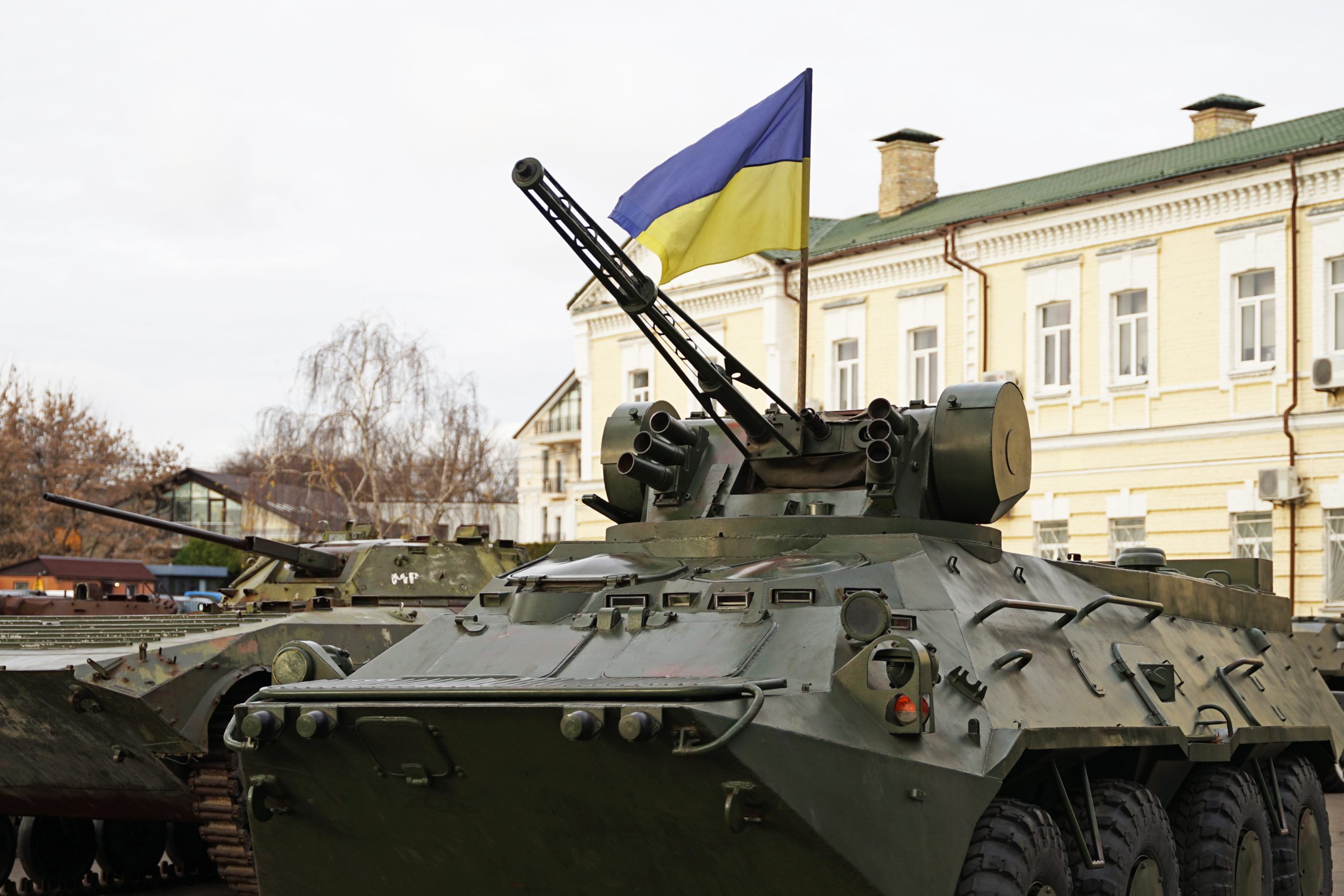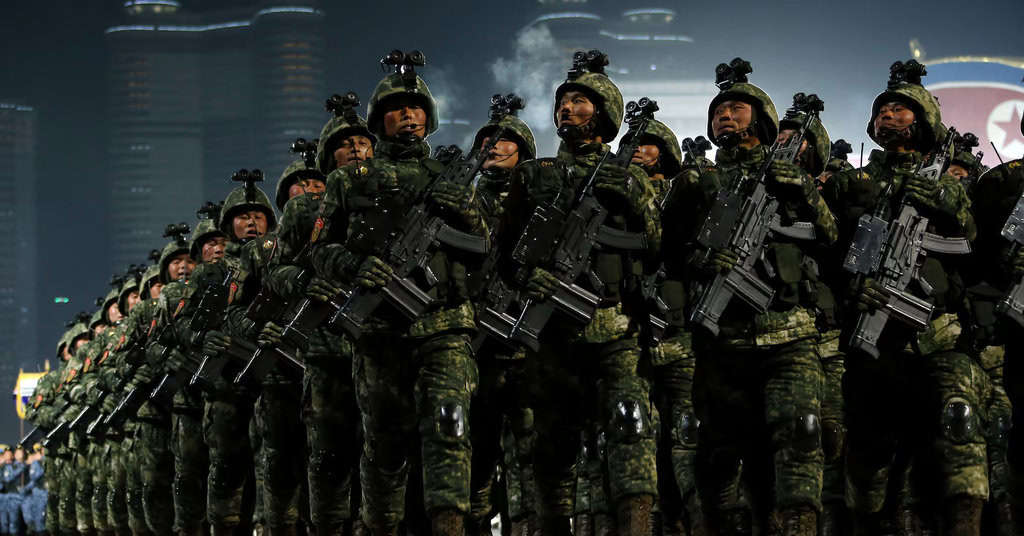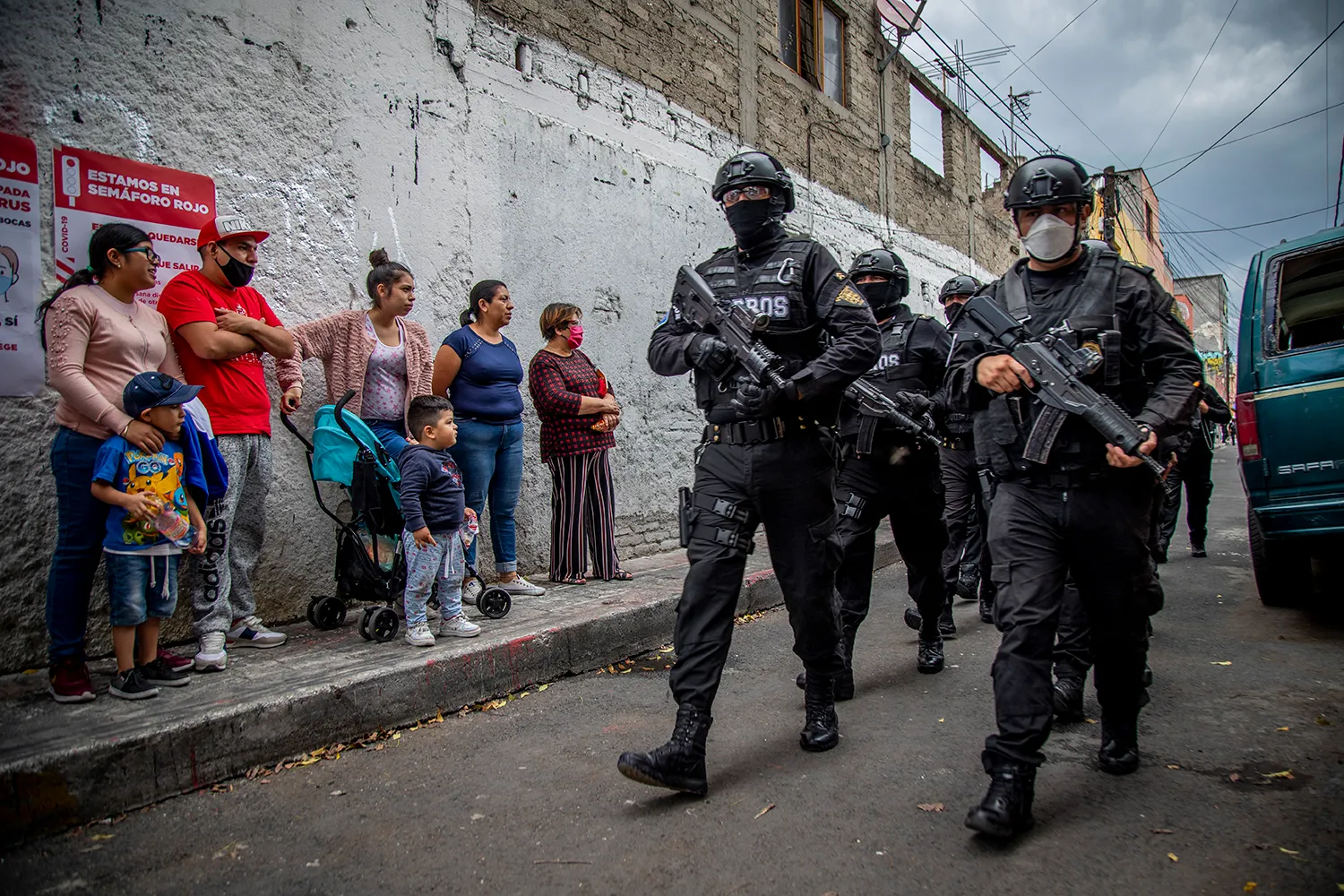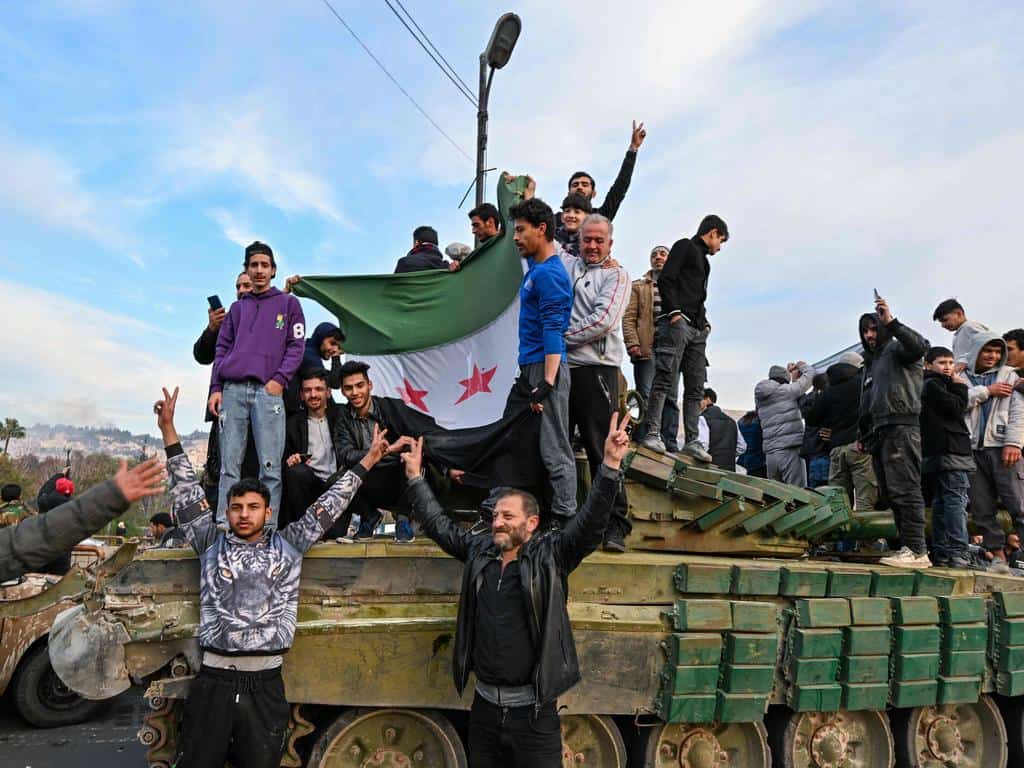In a surprising escalation of the conflict, Ukraine’s military leadership has announced control over 1,000 square kilometers of Russian territory, marking the most significant cross-border offensive in over two years of intense warfare.
Ukraine’s Offensive Push into Russia’s Kursk Region
Commander Oleksandr Syrskyi confirmed that Ukrainian forces have been conducting a sustained offensive in Russia’s Kursk region, a strategic move that began seven days ago. This operation is a direct counterattack, with Ukrainian President Volodymyr Zelensky stating that Russia’s aggression has now backfired, bringing the war to its own soil.
Conversely, Russian President Vladimir Putin has dismissed the offensive as a “major provocation” and has ordered a robust military response to reclaim the occupied territories.
Civilian Evacuations Amid Escalating Tensions
Amid the intensifying conflict, the Kursk region’s acting governor, Alexei Smirnov, reported that 28 villages have fallen under Ukrainian control, resulting in the deaths of 12 civilians. In response, the Russian government has initiated a large-scale evacuation, urging 59,000 residents to leave their homes for safety.
Despite Ukrainian claims, there is skepticism about the extent of their control. The Institute for the Study of War, a U.S.-based think tank, has questioned whether Ukraine truly holds all the territory it claims. The situation remains fluid, with conflicting reports on the exact areas under Ukrainian control.
Risks and Implications of Ukraine’s Incursion
While the offensive has significantly boosted Ukrainian morale, experts warn of potential dangers. A senior British military source has suggested that Moscow may retaliate fiercely, increasing attacks on Ukrainian civilians and infrastructure.
President Putin, in a state television broadcast, accused Ukraine of attempting to “sow discord” and undermine Russian unity. He emphasized the urgency of dislodging Ukrainian forces from Russian territory, while Smirnov expressed concerns for the thousands of Russian citizens still in occupied areas, uncertain of their fate.
Reactions and Strategic Shifts
The operation has sparked varied reactions, both within and outside of Russia. In the Belgorod region, adjacent to Kursk, Governor Vyacheslav Gladkov reported the evacuation of 11,000 residents and warned of an ongoing missile threat, urging people to seek shelter.
Ukraine’s President Zelensky has remained resolute, reiterating that Ukraine’s objective is peace, albeit through decisive military action. The incursion, described as “brilliant” and “bold” by U.S. Senator Lindsey Graham during a visit to Kyiv, has been lauded as a significant tactical move. He called on the Biden administration to further arm Ukraine in support of its efforts.
Broader Impact and Future Outlook
The incursion’s impact extends beyond the immediate conflict zones. Some Russian commentators, including pro-war blogger Yuri Podolyaka, have expressed alarm over Ukraine’s ability to penetrate Russian defenses. Meanwhile, Russia’s ally, Belarus, has responded by reinforcing its own borders, claiming Ukrainian drone incursions.
In a related development, the International Atomic Energy Agency (IAEA) inspected the Zaporizhzhia nuclear plant, under Russian control, following a recent fire. The cause remains unclear, with both Ukraine and Russia trading accusations over the incident.





